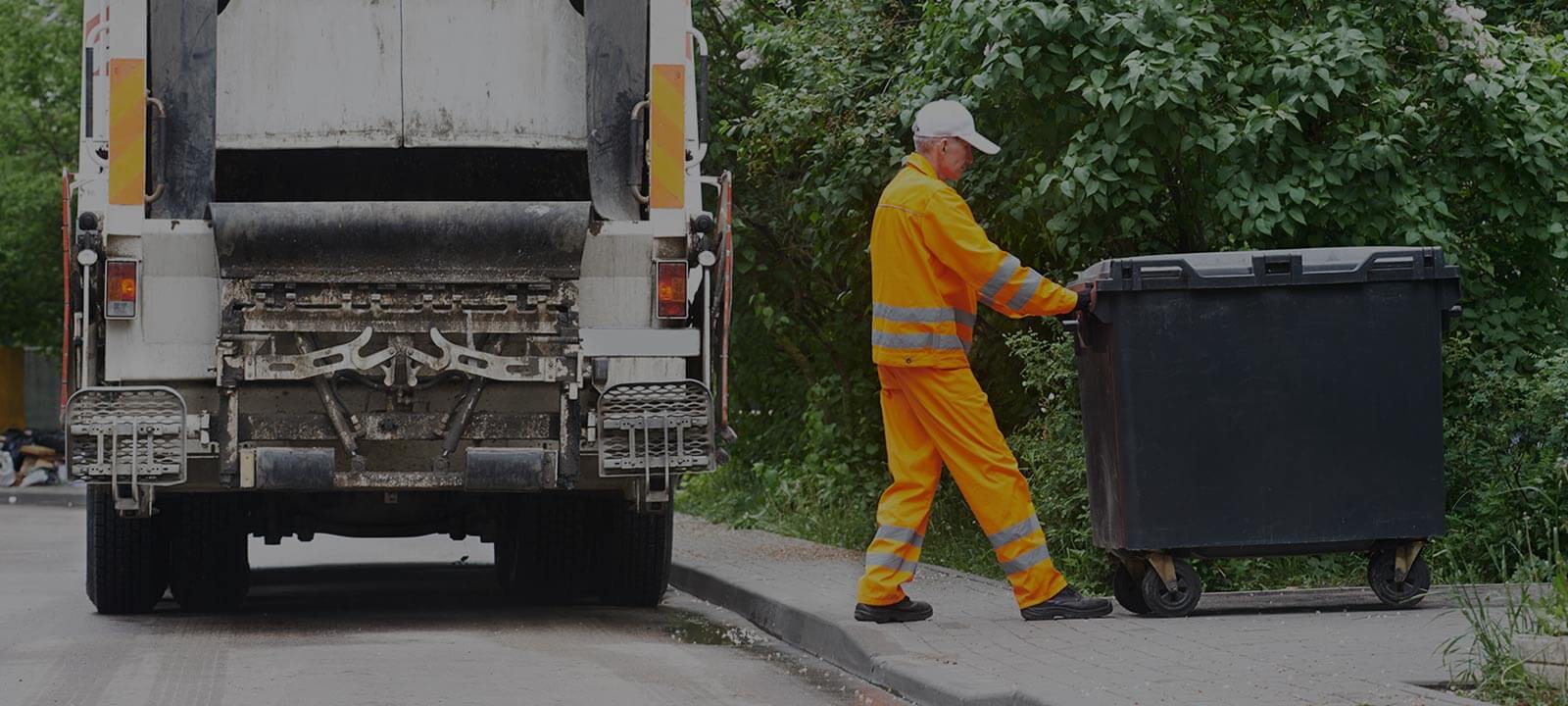Eco-focused Office Waste Management
Posted on 02/10/2025
Introduction
In an era where sustainability has become a priority, eco-focused office waste management is not just a trend but a necessity. Companies are increasingly adopting green practices to reduce their environmental footprint and create a more sustainable world. This comprehensive guide aims to provide insights into effective waste management strategies that can be implemented in the workplace. By adopting these methods, businesses can save money, improve their public image, and contribute to a healthier planet.

Understanding Office Waste
Before diving into specific waste management strategies, it's essential to understand the types of waste generated in the office. Common categories include:
1. **Paper Waste:** Reports, memos, newspapers, and packaging.
2. **Electronic Waste:** Outdated computers, printers, phones, and cables.
3. **Plastic Waste:** Bottles, containers, and packaging materials.
4. **General Waste:** Food waste, disposable cups, and miscellaneous items.
Steps to Implement Eco-focused Office Waste Management
Waste Audit
The first step in any waste management initiative is to conduct a waste audit. This will help identify the types and quantities of waste being produced. Understanding what needs to be managed will allow for a more targeted approach.
Reduce, Reuse, Recycle
Often called the three Rs, this principle is the cornerstone of any effective waste management strategy.
1. **Reduce**: Minimize waste by using digital documents instead of paper, and purchasing products with minimal packaging.
2. **Reuse**: Encourage employees to use reusable items like mugs, cutlery, and refillable pens.
3. **Recycle**: Set up a recycling program for paper, plastics, and electronics. Clearly labeled bins can help in sorting waste correctly.
Green Procurement
Choose suppliers who offer eco-friendly products and packaging. Opt for items that are both recyclable and made from recycled materials.
Employee Engagement
For a waste management program to be successful, active participation from employees is crucial. Here are some ways to achieve this:
1. **Training**: Conduct workshops and training sessions to educate employees about the importance of waste management.
2. **Incentives**: Introduce reward systems for employees who actively participate in waste reduction efforts.
3. **Communication**: Use emails, posters, and intranet to continually inform employees about best practices.
Technology Solutions
Modern technology offers several solutions for waste management.
1. **Smart Bins**: These can sort waste automatically and provide real-time data on waste levels.
2. **Waste Management Software**: Tools that help in tracking and managing waste more efficiently.
3. **Digital Workspaces**: Reduce paper waste by shifting to digital platforms for documentation and communication.
Pros and Cons
Pros
1. **Cost Savings**: Reducing waste can lower disposal costs and even earn revenue through recycling programs.
2. **Environmental Benefits**: Less waste means less pollution and a reduced carbon footprint.
3. **Improved Image**: Eco-friendly practices can enhance your company's reputation.
4. **Employee Satisfaction**: A clean, green workplace can boost employee morale and satisfaction.
Cons
1. **Initial Costs**: Setting up a waste management system can be expensive initially.
2. **Time-Consuming**: It requires time to train employees and set up systems.
3. **Continuous Effort**: Maintaining an effective program requires ongoing effort and monitoring.
Tips for Effective Waste Management
1. **Conduct Regular Audits**: Regular reviews help in identifying areas for improvement.
2. **Set Clear Goals**: Establish measurable objectives for waste reduction.
3. **Encourage Employee Feedback**: Listen to employees as they can provide practical insights.
4. **Make it Convenient**: Place bins and recycling stations in easily accessible locations.
5. **Monitor and Adapt**: Continually monitor the program and make necessary adjustments.

Takeaways
Eco-focused office waste management is an ongoing commitment that requires dedication from the entire organization. By reducing, reusing, and recycling, and incorporating modern technologies and employee engagement, businesses can significantly cut down their waste production. The benefits far outweigh the drawbacks, making it a worthwhile endeavor for any forward-thinking company.
Conclusion
Eco-focused office waste management is more than just a compliance requirement; it is a pathway to a sustainable future. By understanding the types of waste generated, employing effective management strategies including the three Rs, and leveraging technology and employee engagement, businesses can manage waste more efficiently. While initial costs and continuous efforts are required, the long-term benefits for the planet, the organization, and its employees make it an investment worth making. Start today, and make your office a beacon of sustainability.
Latest Posts
Reusing for Resource Conservation
Industry applauds government's dedication to improving e-waste recycling practices






